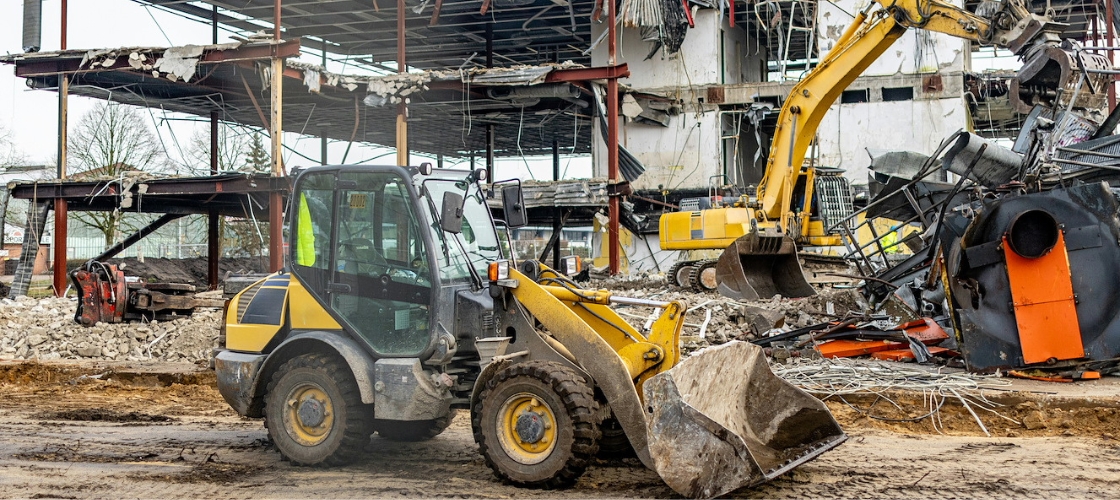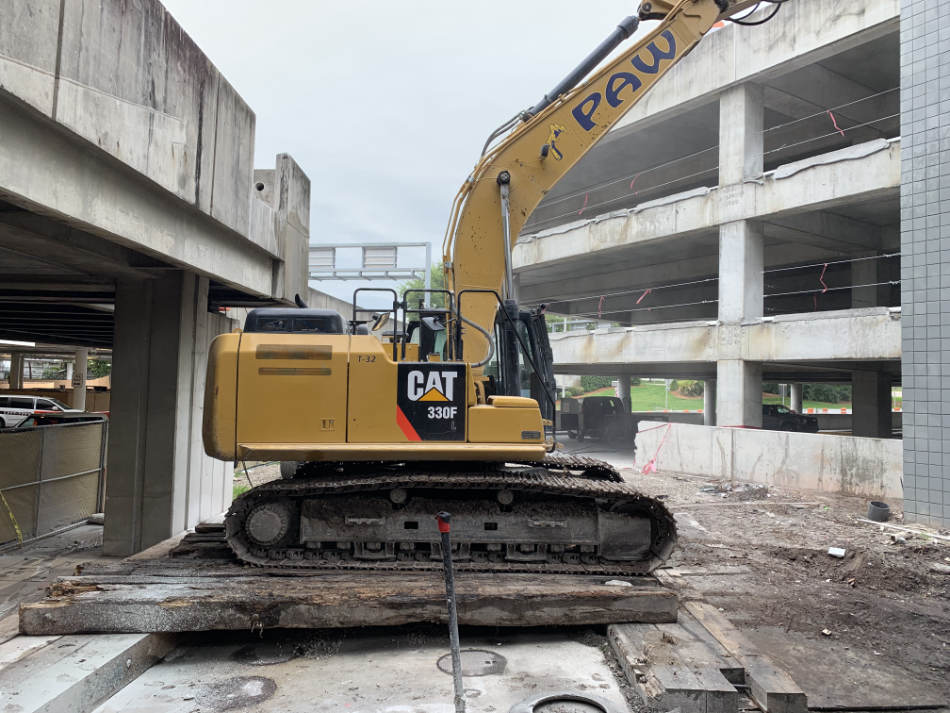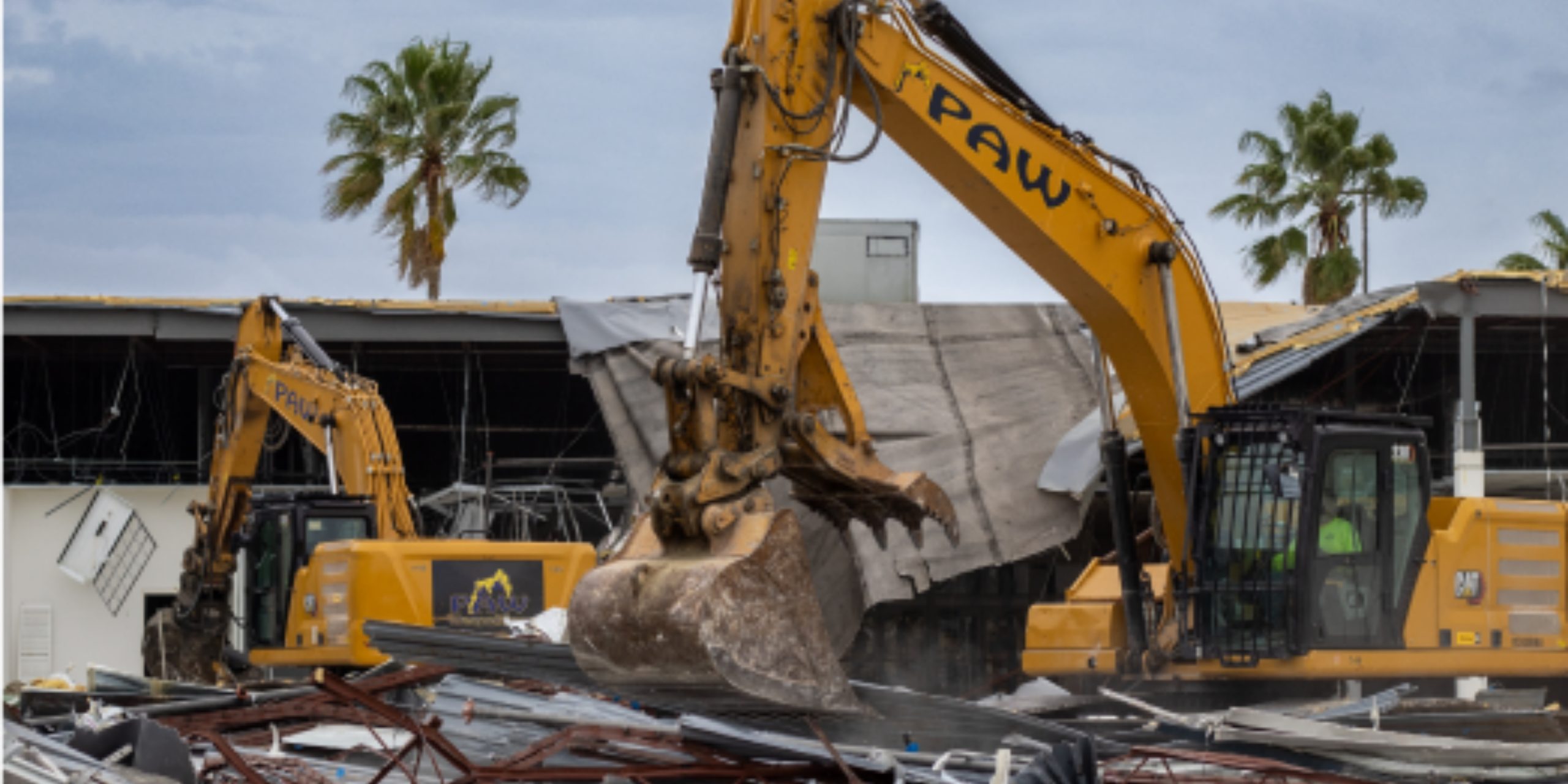Starting a demolition project in Pinellas County means more than arranging equipment and hiring a contractor.
Before any work begins, securing the right permits is often required to keep projects compliant with local regulations.
These permits protect public safety, safeguard nearby properties, and prevent costly delays or fines.
Looking at recent demolition projects across Tampa Bay shows how important it is to plan carefully, with paperwork and approvals being just as vital as the demolition work itself.
What Is a Demolition Permit?
A demolition permit is the county’s way of ensuring that any structure removal is done safely and responsibly.
Whether you are handling a small project or something larger like building demolition in Tampa, this permit is required when tearing down an entire structure, removing a major section, or altering parts that affect stability.
The review process also covers site safety, proper utility disconnections, and environmental considerations to keep the community protected.
Do You Need a Demolition Permit in Pinellas County?
Pinellas County generally requires a permit for any demolition work that affects the structure of a property.
Larger projects, including complex jobs like bridge demolition in Florida, show how closely the county monitors safety and compliance.
Even for smaller projects, such as removing a detached garage or tearing down interior walls, approval is often needed to confirm the work meets local codes.
Without the proper permit, property owners risk fines, construction delays, and potential hazards to nearby residents.
The Application Process
Every demolition project in Pinellas County begins with an application to the county’s building services office.
Real-world examples, such as those discussed in the future of commercial demolition in Tampa, show how larger jobs often involve additional requirements and stricter oversight.
Applicants should expect to provide site plans, proof of ownership, contractor details, and confirmation that utilities will be disconnected before work starts.
While fees and review timelines vary, securing approval is essential to keep your project on track and in compliance with county regulations.
Inspections and Safety Requirements
Inspections are a standard part of the demolition process in Pinellas County to confirm that safety measures are in place before any work begins.
Differences in scope, such as those noted in residential vs. industrial demolition in Pasco County, show how requirements can vary depending on the size and type of project.
Typical checks include verifying that utilities are disconnected, identifying hazardous materials like asbestos, and reviewing environmental considerations.
Once demolition is complete, follow-up inspections confirm that the site has been cleared responsibly, protecting both property owners and the surrounding community.

Who Can Apply for a Demolition Permit?
In Pinellas County, demolition permits can be secured by both property owners and licensed contractors.
While homeowners may handle the paperwork for smaller jobs, most larger projects are filed through professionals.
Real-world examples, such as working with Pasco County demolition contractors, show how experienced teams streamline the process and reduce risks.
Applicants generally fall into three groups:
- Licensed demolition contractors who specialize in structural teardowns and complex jobs.
- General contractors managing demolition as part of a larger construction or redevelopment project.
- Property owners completing smaller projects, provided they meet all county requirements.
Relying on a licensed contractor is usually the safest option since they understand permit rules, safety inspections, and compliance steps that protect both the property and the community.
Common Mistakes to Avoid
Costly mistakes often happen when property owners underestimate the demolition permit process.
For example, large-scale jobs like demolition work in Tampa have shown how projects can stall when permits or inspections are overlooked. Some of the most frequent errors include:
- Failing to disconnect utilities such as gas, water, and electricity, which can create serious hazards on-site.
- Skipping required inspections, leading to fines, stop-work orders, or extended project delays.
- Improper waste disposal, including ignoring recycling requirements for materials like concrete, wood, and metal.
By avoiding these pitfalls, property owners keep their projects compliant, protect workers, and reduce the risk of unexpected costs or safety violations.
Local Relevance: Pinellas County Considerations
Pinellas County has its own permitting standards, and understanding these local rules is key to avoiding delays or violations.
Larger projects, such as bridge demolition in Florida, show how closely local authorities monitor safety, utilities, and environmental impacts.
In Pinellas, additional considerations may include coastal zone regulations, environmental safeguards, and specific waste disposal requirements.
Property owners should also confirm whether their site falls within a city jurisdiction, since rules can differ between municipalities inside the county.
The most reliable way to ensure compliance is to contact the Pinellas County Building Services office directly or use its online resources before starting a project.

Safe, efficient teardown services backed by 30+ years of local experience.
What This Means for You
Getting a demolition permit in Pinellas County is the first step toward a safe and legally compliant project.
Understanding the requirements, preparing the right documents, and following inspection rules helps prevent costly mistakes that could slow progress.
Working with experienced contractors ensures that safety checks are met and county standards are followed.
By taking the time to secure approval before any work begins, you protect your property, avoid penalties, and move forward with confidence that your demolition will be handled the right way.

